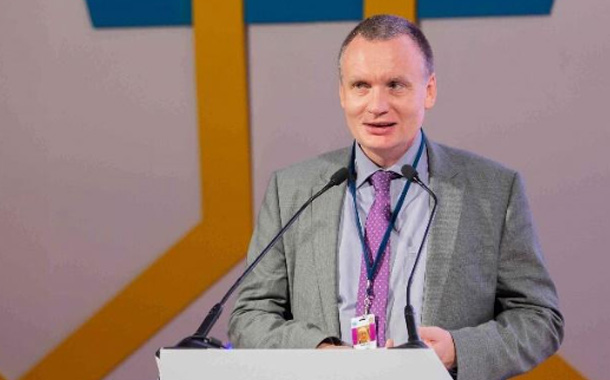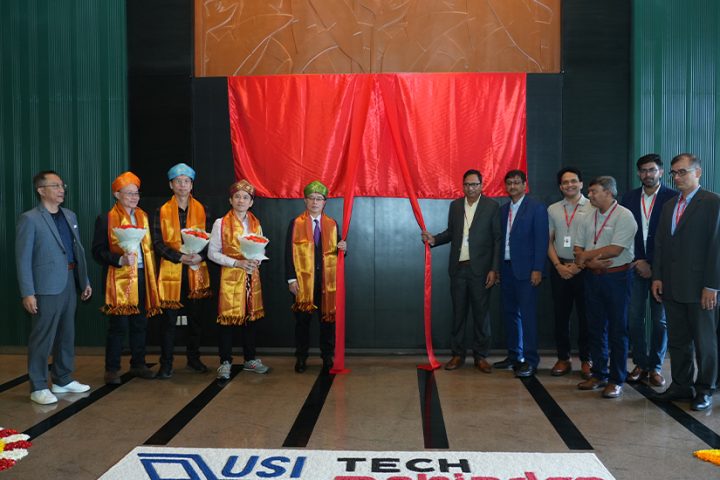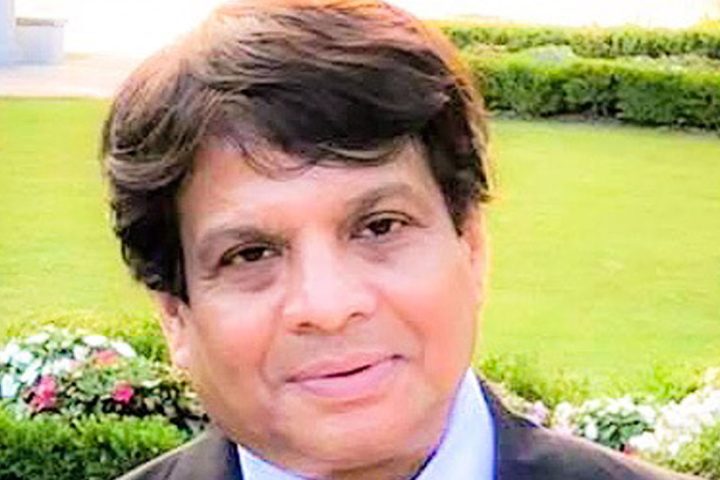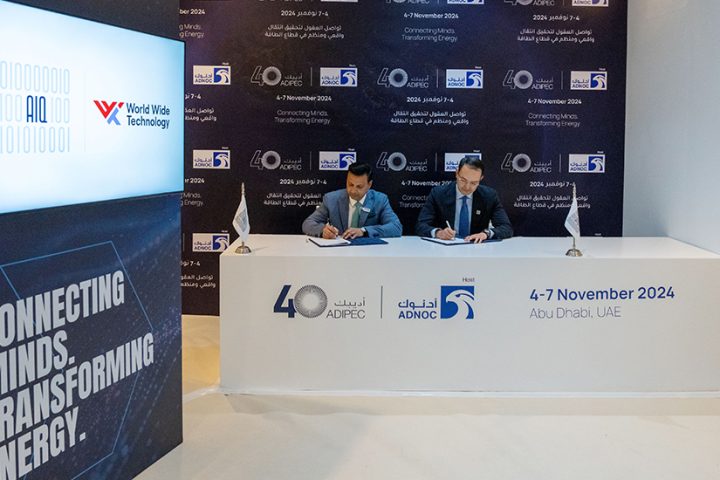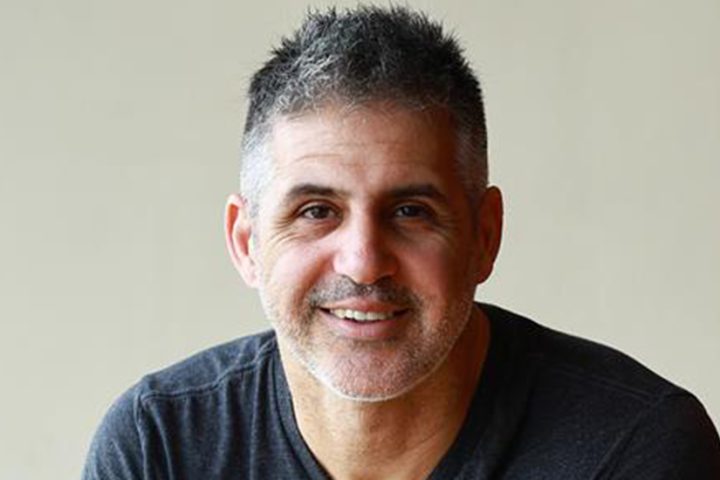Clean technology as a catalyst for sustainable industrialization headlined international discussions during the third day of the United Nations Industrial Development Organization (UNIDO) General Conference in Abu Dhabi.
During a special side event titled: ‘Cleantech as a Catalyst for Climate Action and the Clean Energy Transition’, regional and global leaders focused on renewable energy and clean technology innovations that can decouple growth from emissions and carbon footprints.
Delivering the event’s keynote address, Dolf Gielen, Director of Innovation & Technology at the International Renewable Energy Agency (IRENA) in Abu Dhabi, called for decarbonisation of power and heat supplies as part of a global transition to renewable energy. Gielen advocated electrification across the supply chain, particularly in terms of road logistics, with electric cars and light-duty trucks reducing environmental impact, particularly in the last mile.
Gielen also emphasized the need to develop new technology-led solutions for challenging industry sectors contributing to CO2 emissions, such as shipping, long-haul trucking, aviation, petrochemicals, and iron, steel and cement manufacturing.
Calling for renewables to increase six-fold to meet demand, the IRENA Director outlined three key components that can collectively deliver 90 per cent in CO2 reduction required in coming decades: renewable power generation, electrification, and energy efficiency.
Speaking about the power of technology to enable energy-efficient means of development and how IRENA has seen a convergence in solutions adopted by emerging and developed markets, Gielen said: “Technology and innovation is global and we don’t see a difference between developed and developing countries. The solutions are largely similar.”
Commenting on the event, H. E. Suhail Mohamed Al Mazrouei, Minister of Energy and Industry, United Arab Emirates, and the President of the 18th UNIDO General Conference Abu Dhabi said: “The UAE has a unique approach when it comes to sustainable energy. Though the UAE is fortunate in being rich in fossil fuels, it has invested heavily in clean tech and sustainable energy projects. The UAE believes that enduring prosperity requires a long-term vision to safeguard the future of generations to come.
Led by our visionary leader, Sheikh Mohammed bin Zayed, we stride forward with confidence towards the post oil era. There, we will celebrate the shipment of the last barrel of oil, and continue export the valuable commodities of knowledge and technology. This is clear from the number of UAE initiatives that showcase commitment to the energy of the future, including Masdar, ENEC and many others.”
Supporting the side-event, H.E. Eng. Awaidha Murshed Al Marar, Chairman of the Abu Dhabi Department of Energy, commented: “Energy and industrial development are closely linked, and while the industrial sector in Abu Dhabi account for 58% of the total demand for electric power, the emirate remains committed to diversifying its economy by expediting the transition towards solar and nuclear energy sources, in addition to expanding the refining and petrochemicals sector with eco-friendly projects. This is especially important in light of the exponential growth in population, industrial, and commercial activities the emirate is witnessing.
With this in mind, the Abu Dhabi Department of Energy is particularly interested in driving the transition to electricity and away from gas as a leading source of energy. This, in turn, minimises repercussions from one of the most volatile variables in the manufacturing matrix, which is the fluctuating prices of oil and gas – in addition to reducing their carbon footprint.”
The decision of the United Nations Industrial Development Organization’s (UNIDO) to host its 18th annual General Conference in Abu Dhabi is a testament to the emirate’s commitment to sustainable development. It is well known that we in the UAE are major supporters of a host of sustainable projects. We look forward to continued collaboration with UNIDO, so that countries across the world may invent and adopt cleantech solutions that areart of a sustainable development framework, while at the same time stimulating economic growth.”
While industrialisation is crucial to sustainable development, there is growing recognition that it must be decoupled from carbon footprints and emissions to achieve long-term sustainability. Climate and clean energy technologies are key to implementing a global vision for low-carbon, climate-resilient sustainability as outlined in the Paris Agreement, the 2030 Agenda for Sustainable Development, and the national development strategies of UNIDO’s Member States. The UN is leading by example, adopting a new 10-year Climate Action Plan aimed at transforming its operations to achieve a 45 per cent reduction in greenhouse gas emissions and sourcing 80 per cent of electricity from renewable energy by 2030.

